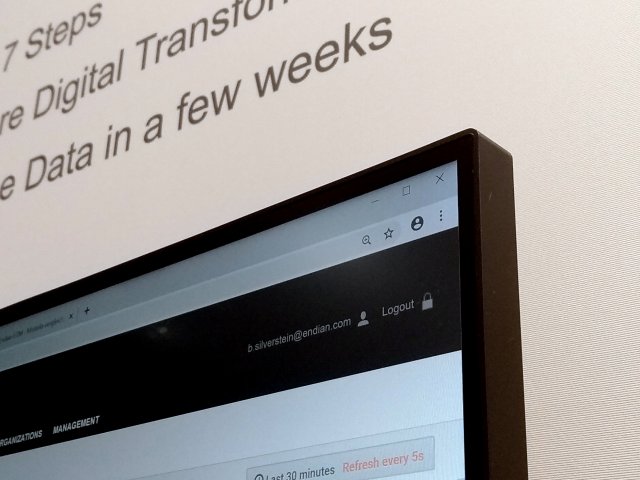Companies must take advantage of the potential of Industry 4.0 as soon as possible in order to achieve or maintain a leading position in the global competition. Most companies have already recognized this need. However, in practice the digitization process still presents many challenges to industrial enterprises. Most companies have privacy concerns. And there is a good reason for this: According to a survey of the German IT industry association Bitkom in 2017, 7 out of 10 industrial companies have been victims of sabotage, data theft or industrial espionage in the past two years. The degree of network integration within the industrial companies is usually very high. As a consequence, if a connected machine was infected with malware, it could quickly spread to all other systems and cause tremendous damage.
Another reason for the slow implementation of industry 4.0 are the long life cycles of machines. While an IT system is replaced after about four years, industrial machines have a lifetime of twenty years or more. Industrial companies are therefore today faced with very diverse array of machinery. Many machines still in use today have no IP, because they were developed at a time when nobody was thinking about Industry 4.0. Others are equipped with the necessary interfaces for networking within the company. How should companies act to intelligently connect their machines, employees, and applications without compromising IT security?


